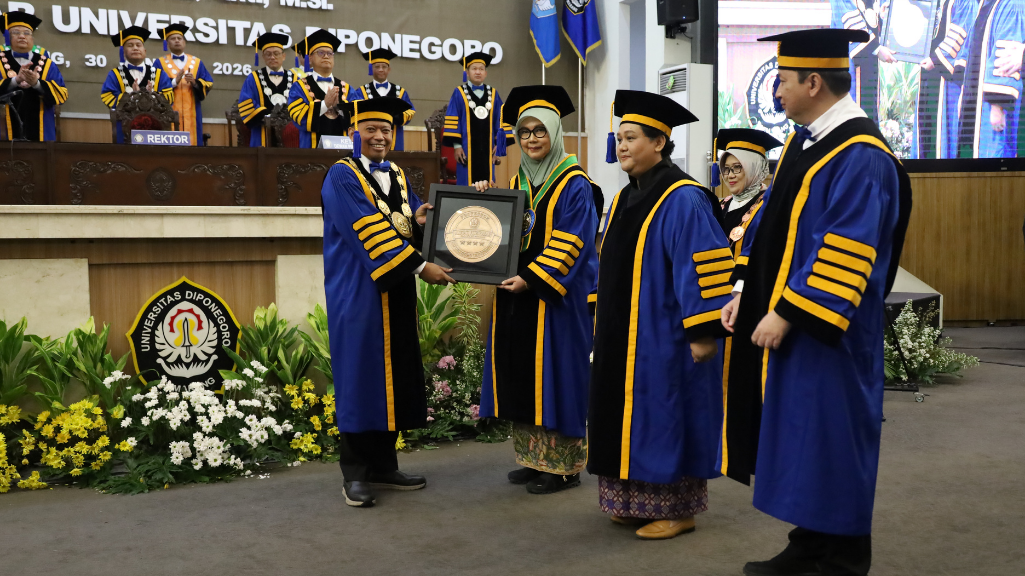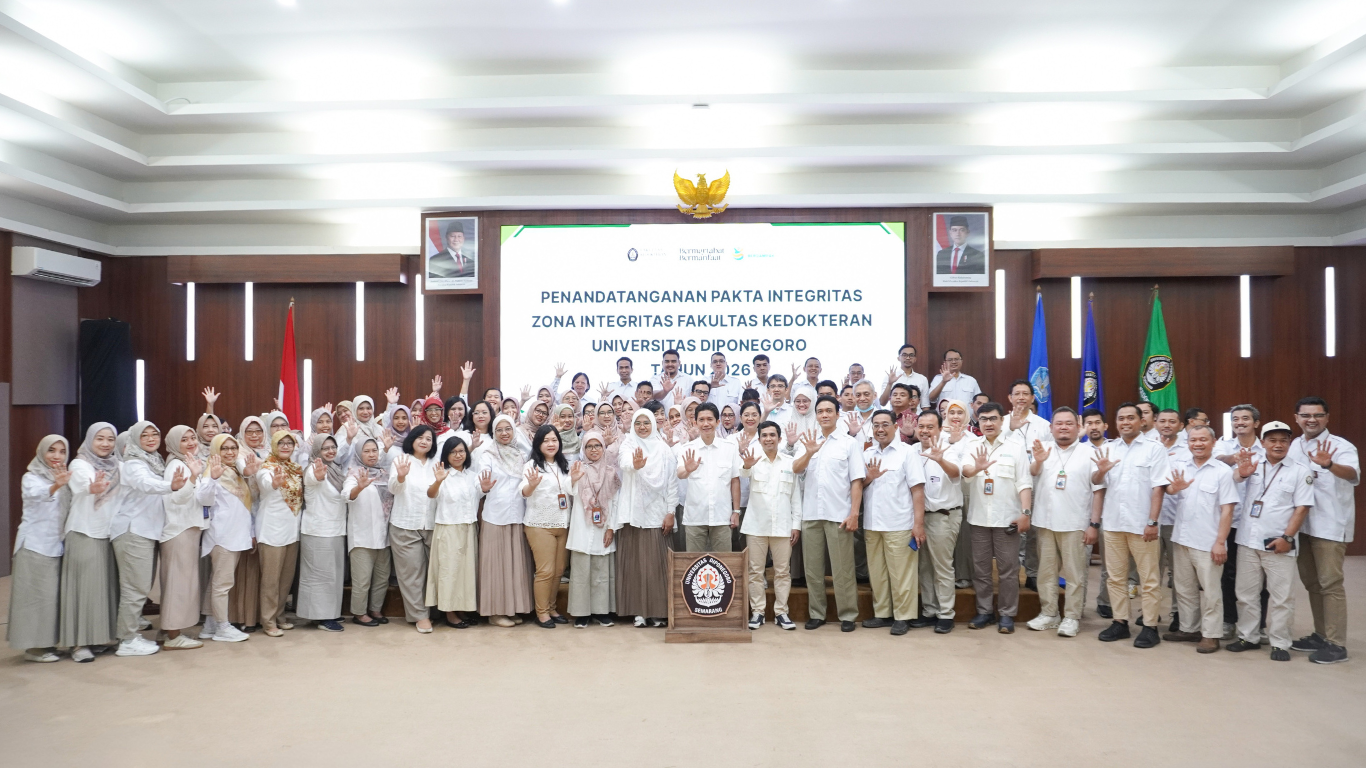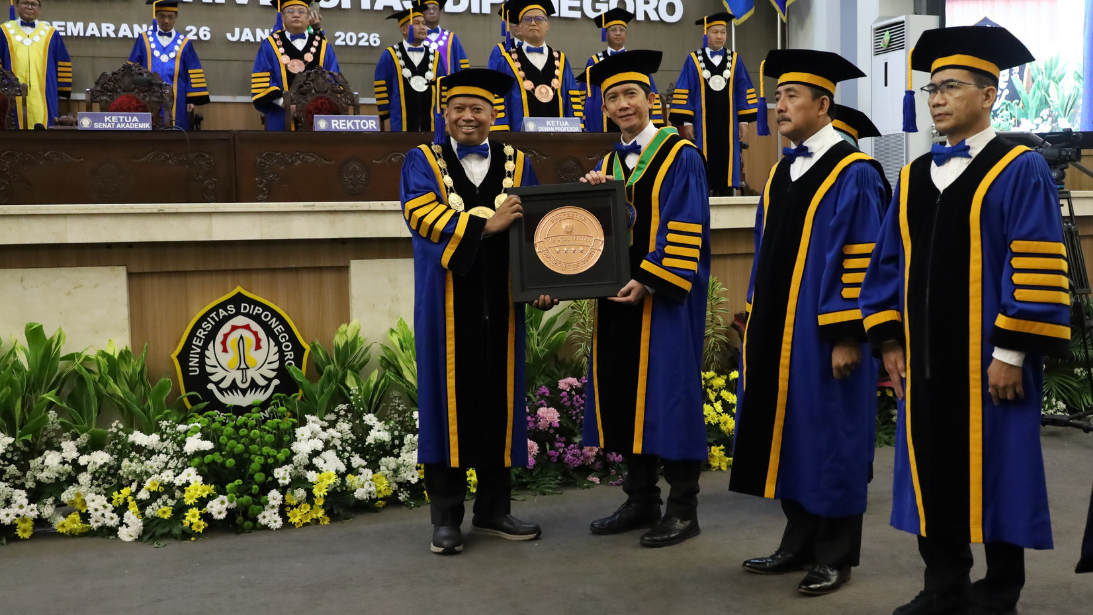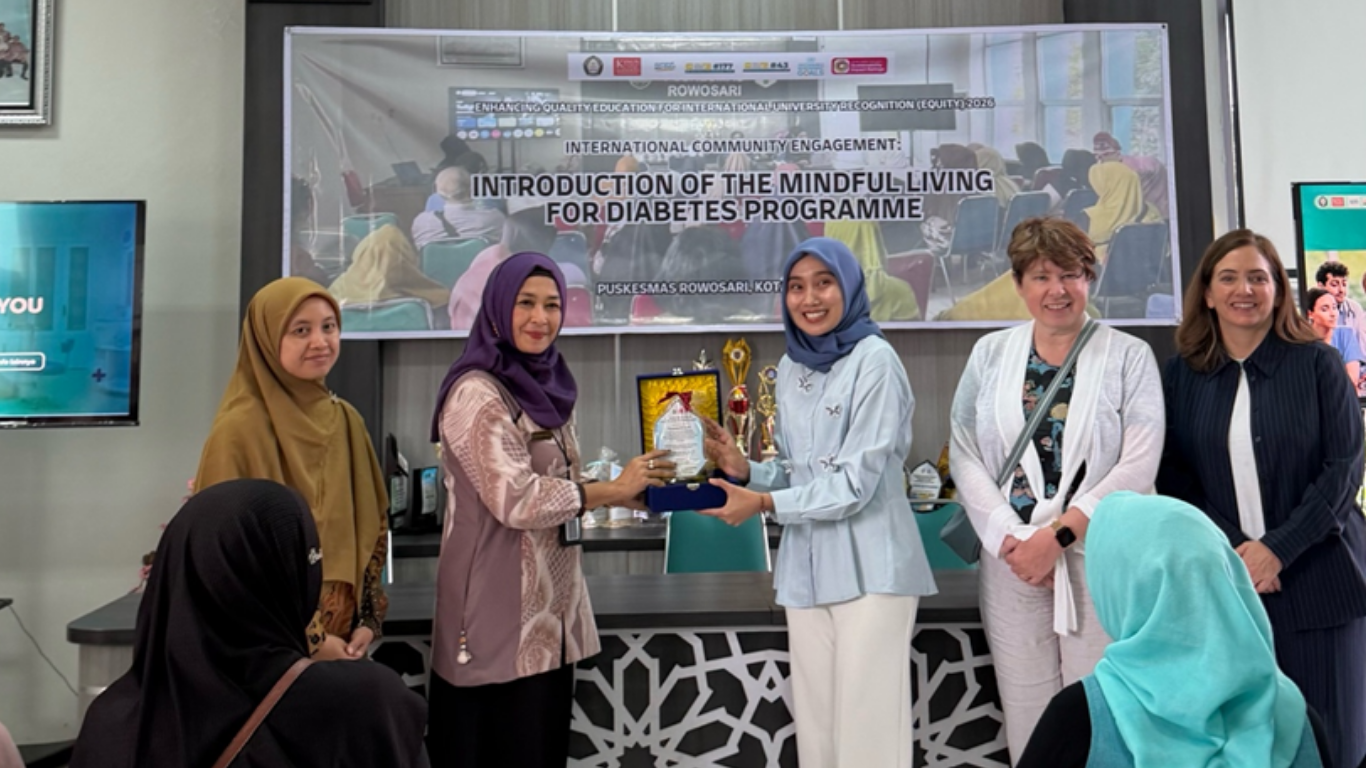Semarang, June 4, 2025 — The Faculty of Medicine, Universitas Diponegoro is urging the public to be aware of the serious dangers posed by illegal penile enlargement procedures. Reconstruction and Traumatology Consultant Urologist, dr. Nanda Daniswara, Sp.U., Subsp.T.R.K. (K), who also serves as a lecturer in the Department of Surgery, explained that many of these procedures are conducted by non-medical personnel, using unsterile tools and substances of unknown composition.
“These injections are usually performed illegally, without adherence to standard operating procedures. The instruments are non-sterile, and the substances can be anything from silicone to hair oil, or even candlenut oil,” dr. Nanda said in podcast with FK UNDIP.
The short-term risks include swelling and infection of the penis. Long-term complications can be far more severe, such as the development of wood penis—a condition where the penis hardens due to fibrotic tissue formation—leading to chronic pain, ulcers, and reduced sexual function.
Illegal treatments often involve massaging the penis to spread the injected material within the subcutaneous tissue, producing a temporary appearance of enlargement. However, this approach carries a high risk of irreversible damage.
Nanda clarified that in legitimate medical practice, penile enlargement generally falls into two categories: lengthening and increasing diameter. These can be achieved through approved non-surgical techniques, such as traction devices, or surgical procedures, including ligament release, abdominal fat removal, skin flap reconstruction, and sterile silicone or fat injections.
“Penis size—whether large or small—is not the key issue. What matters is the quality of intimacy and partner care,” dr. Nanda emphasized. “We must also explore the patient’s psychological state, as underlying mental health issues can influence the decision to seek these procedures.”
The Faculty of Medicine UNDIP reminds the public that anybody modification procedure should be performed only by qualified medical professionals, using sterile tools and medically approved materials. Choosing illegal shortcuts can lead to lifelong health consequences.(*)









